
Introduction: Embracing Innovation in Agriculture
In recent years, the agricultural landscape has undergone a significant transformation with the integration of innovative practices. One such groundbreaking approach that has gained momentum is the utilization of wastewater for irrigation. This innovative method has opened up new possibilities and opportunities for revolutionizing agriculture. Secure Track Transport driving this transformation by supplying treated wastewater for irrigation purposes.
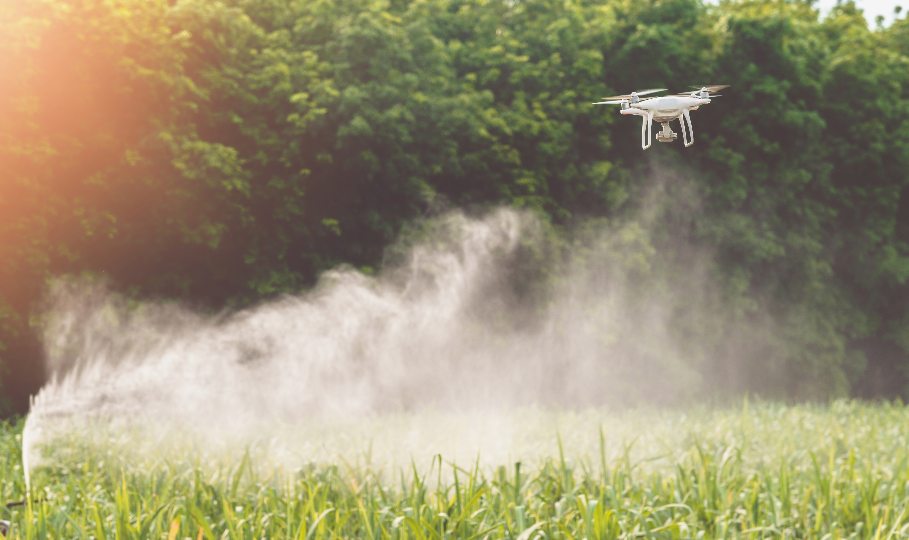
The Growing Importance of Wastewater in Irrigation
As global water scarcity continues to be a pressing concern, finding sustainable sources of water for irrigation has become paramount. Wastewater, once considered a liability, is now being recognized as a valuable resource that can address water scarcity challenges. The process involves treating municipal, industrial, or agricultural wastewater to remove contaminants and pathogens, rendering it suitable for crop irrigation. This shift not only conserves freshwater supplies but also reduces the pollution of natural water bodies through responsible wastewater management.
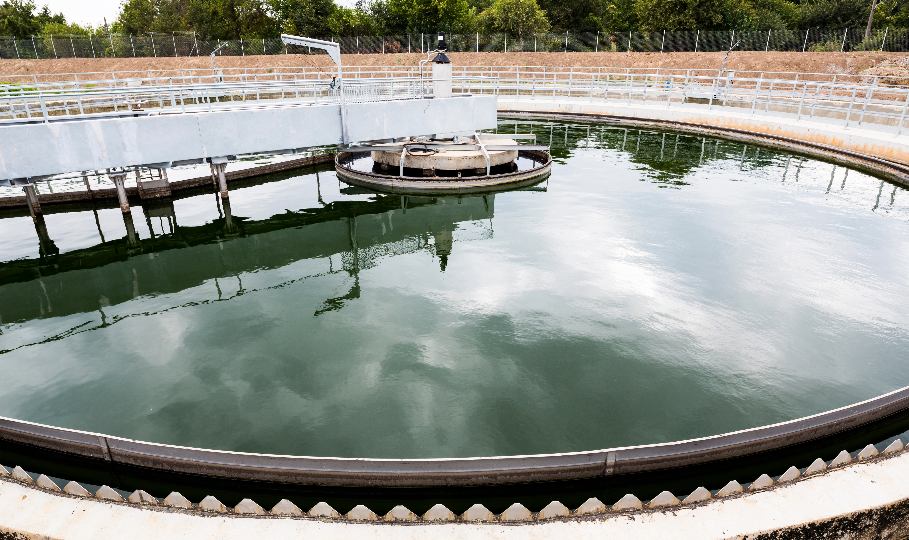
Benefits and Challenges of Wastewater for Agriculture
Benefits:
Water Conservation: Wastewater irrigation reduces the strain on freshwater resources, allowing conventional water sources to be preserved for essential human consumption.
Nutrient Enrichment: Treated wastewater often contains essential nutrients that can enhance soil fertility and promote robust crop growth.
Cost-Effective: Farmers can benefit from reduced costs by utilizing treated wastewater, which eliminates the need for purchasing expensive fertilizers and irrigation water.
Enhanced Crop Resilience: The nutrient-rich composition of wastewater can bolster crop resistance against certain diseases and adverse conditions.
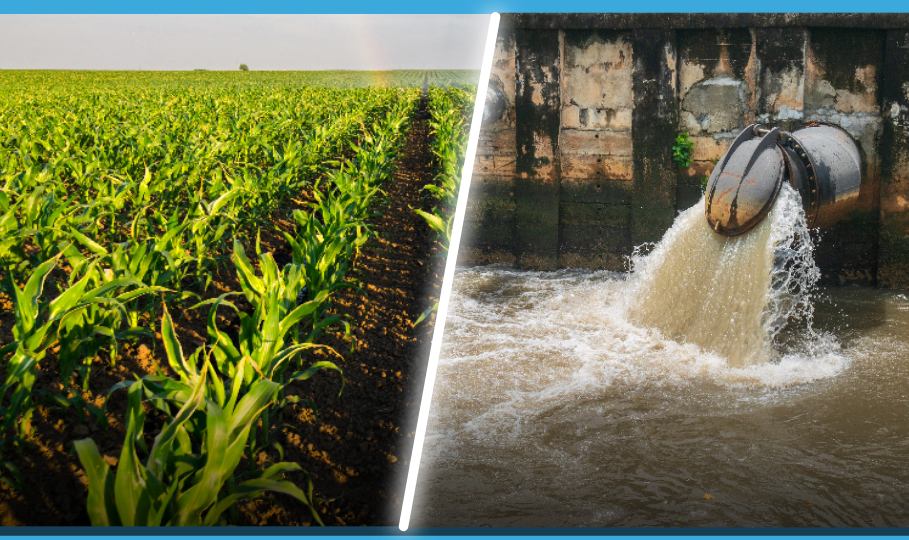
Challenges:
Quality Control: Ensuring that treated wastewater meets stringent quality standards is a challenge, as inadequate treatment can lead to soil contamination and crop health risks.
Public Perception: Overcoming the stigma associated with using wastewater for agriculture is vital, requiring effective communication about the rigorous treatment processes in place.
The Role of Technology in Wastewater Treatment
Cutting-edge technology plays a pivotal role in transforming wastewater into a safe and valuable resource for irrigation. Advanced filtration, biological treatment, and disinfection processes are employed to eliminate harmful substances from wastewater. Additionally, smart monitoring systems enable real-time tracking of water quality, ensuring that the irrigation water meets established standards. These technological advancements not only enhance the safety of wastewater irrigation but also pave the way for its wider adoption.
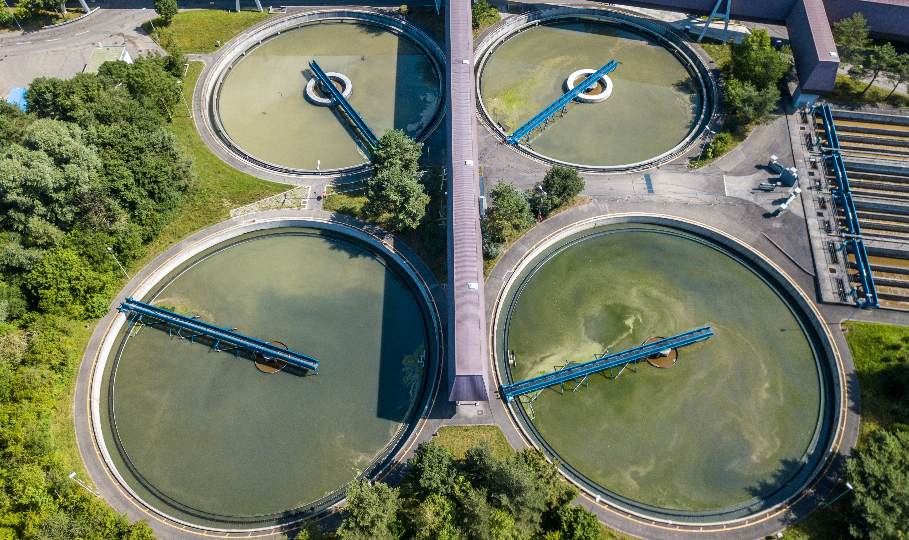
Secure Track Transport: Leading the Wastewater Supply in Dubai
In Dubai, where water scarcity is a significant challenge, Secure Track Transport emerges as a pioneering company that specializes in supplying treated wastewater for agricultural purposes. With a robust infrastructure and advanced treatment facilities, Secure Track Transport ensures that the wastewater supplied for irrigation meets the highest quality standards. The company's commitment to sustainability and responsible water management has made it a vital partner in Dubai's journey towards water security and food production sustainability.
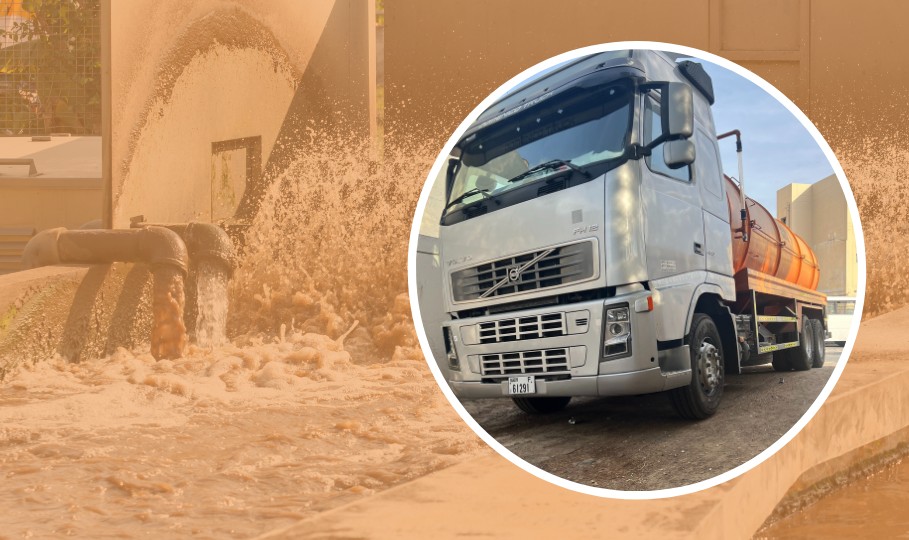
Addressing Concerns: Health, Safety, and Quality Assurance
While the benefits of wastewater irrigation are evident, concerns about potential health risks and environmental impact cannot be ignored. Secure Track Transport addresses these concerns by adhering to stringent safety protocols and rigorous testing procedures. The company ensures that the treated wastewater is free from contaminants and pathogens, making it safe for agricultural use. This commitment to quality assurance builds trust among farmers and consumers alike.
FAQs About Wastewater Irrigation and Secure Track Transport
Q1: Is wastewater irrigation safe for crop consumption?
A1: Yes, when treated appropriately, wastewater irrigation is safe for crops. Companies like Secure Track Transport ensure thorough treatment and quality control.
Q2. What are the three types of water waste?
A2: The three types of water waste are:
- Domestic Wastewater: This includes water waste from households, such as sinks, toilets, and showers.
- Industrial Wastewater: Generated by industries and factories, often containing pollutants and chemicals.
- Agricultural Wastewater: Arises from farming activities, carrying fertilizers, pesticides, and sediments.
Q3: Can treated wastewater really enhance crop growth?
A3: Absolutely, treated wastewater contains beneficial nutrients that can significantly improve soil fertility and promote healthy crop growth.
Q4: What water is used in irrigation?
A4: In irrigation, both freshwater and treated wastewater are used. Freshwater is obtained from natural sources like rivers and reservoirs. Treated wastewater, derived from wastewater treatment plants, is increasingly being utilized for irrigation due to its resourcefulness.
Q5: Is wastewater irrigation cost-effective for farmers?
A5: Yes, wastewater irrigation eliminates the need for costly fertilizers and irrigation water, resulting in cost savings for farmers.
Q6: What is called wastewater treatment plant?
A wastewater treatment plant is a facility designed to clean and purify wastewater before releasing it back into the environment or using it for various purposes. The treatment process involves removing contaminants and pollutants to make the water safe for reuse or disposal.
Q7: What is wastewater and clean water?
Wastewater refers to any water that has been used and contains various impurities, including human and industrial waste. It requires treatment before it can be safely released or reused.
Clean water, on the other hand, is water that is safe for human consumption and other purposes without causing harm. It typically comes from freshwater sources and meets established quality standards.
Q8: Why is wastewater important?
Wastewater is important for several reasons:
- Resource Recovery: It contains valuable nutrients that can be reclaimed and used for agricultural purposes, reducing the need for chemical fertilizers.
- Water Conservation: Treating and reusing wastewater helps conserve freshwater resources, especially in water-scarce regions.
- Environmental Protection: Proper treatment prevents pollutants from entering natural water bodies, safeguarding aquatic ecosystems.
- Health and Safety: Treating wastewater prevents the spread of diseases and contaminants that can harm human health.
Conclusion: Paving the Way for Sustainable Agriculture
In the realm of modern agriculture, embracing innovative solutions is no longer an option but a necessity. By harnessing the power of treated wastewater, farmers can not only ensure bountiful harvests but also contribute to a more water-secure and ecologically balanced future.
Call us at +971 52 559 9726 for reliable wastewater for irrigation in Dubai.


